Heidegger discusses death at length in Being and Time. This article introduces and explains Heidegger’s existential conception of...


Heidegger discusses death at length in Being and Time. This article introduces and explains Heidegger’s existential conception of...

“Existence precedes essence” was first mentioned in a public lecture that was later published as Existentialism Is a...

In The Myth of Sisyphus, Camus distinguishes between two kinds of suicide. The first one is the event...

Camus begins The Myth of Sisyphus with the question of suicide, but it is the thought of the...

For Sartre, freedom and responsibility are linked in such a way that places them in a constant relatedness...
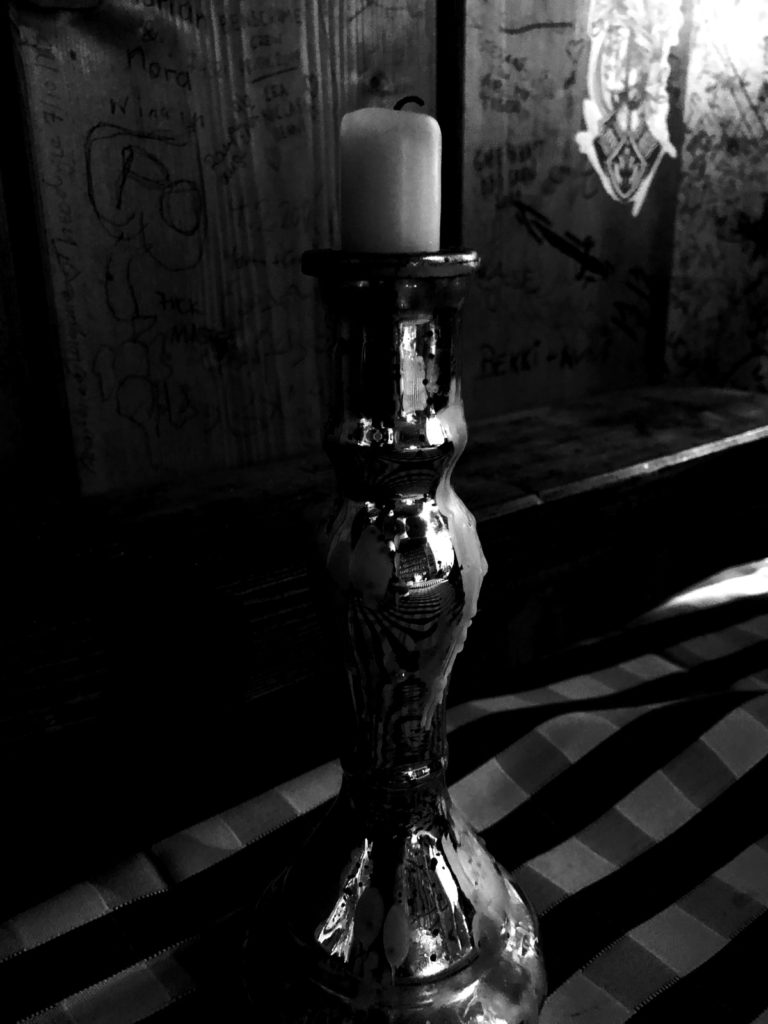
In The World as Will and Representation, Schopenhauer defines egoism as an event in which a person “makes...

In the writings and works of Camus, two forms of hope are constantly placed over against each other:...

According to Schopenhauer, “all life is suffering”. Hence, suicide might arise as a possibility, as the only response...

In Being and Nothingness, Sartre attempts to overcome solipsism by proving the existence of other minds through his...
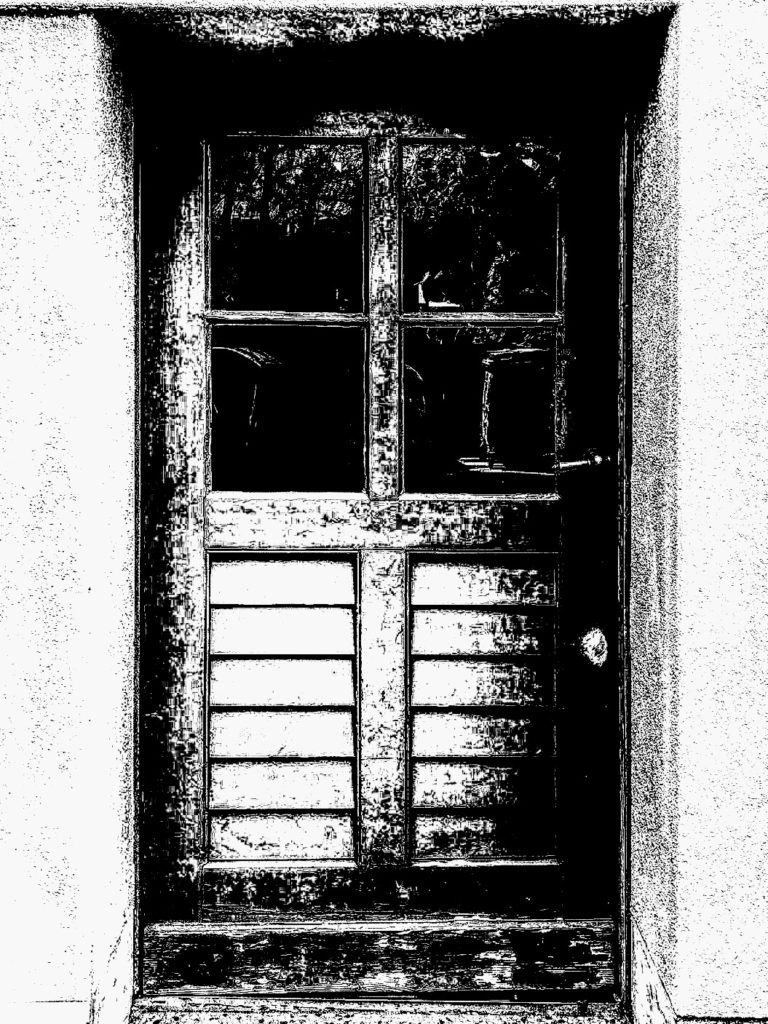
In the philosophy of Schopenhauer, there is a relation linking together religion, philosophy, and salvation, yet this relation...

For Sartre, the contingency of being means existing without ever finding the reason for this existence and hence...
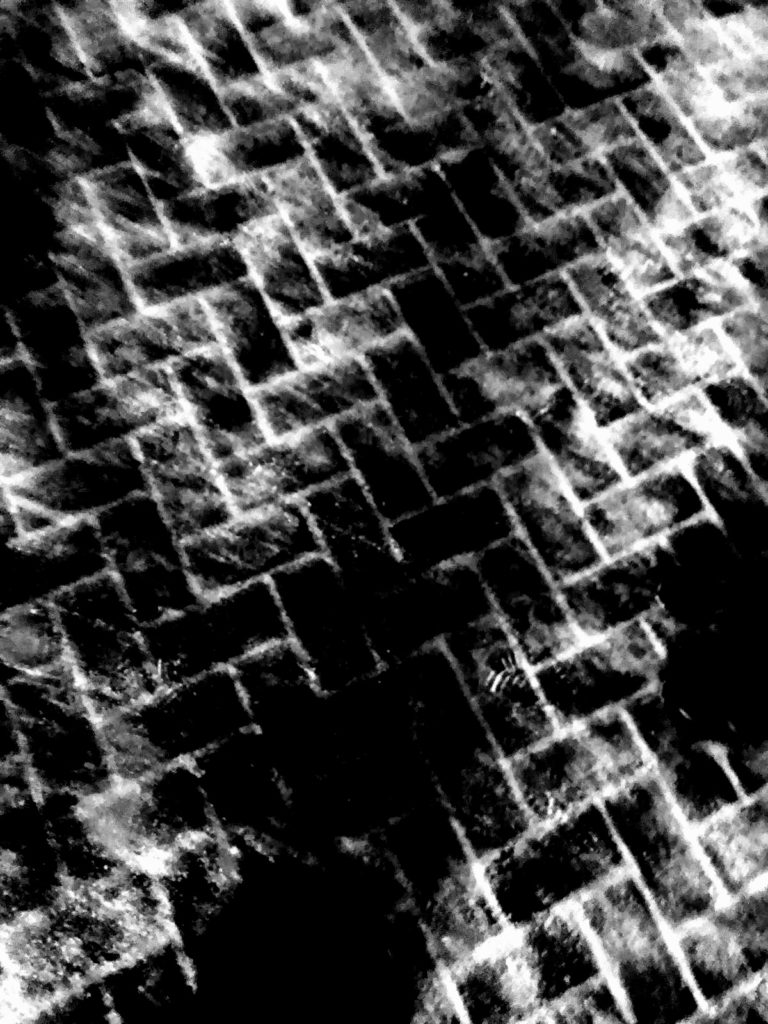
For Sartre, there are two modes of being: “Being in-itself” and “Being for-itself”. “Being for-itself” is the mode...
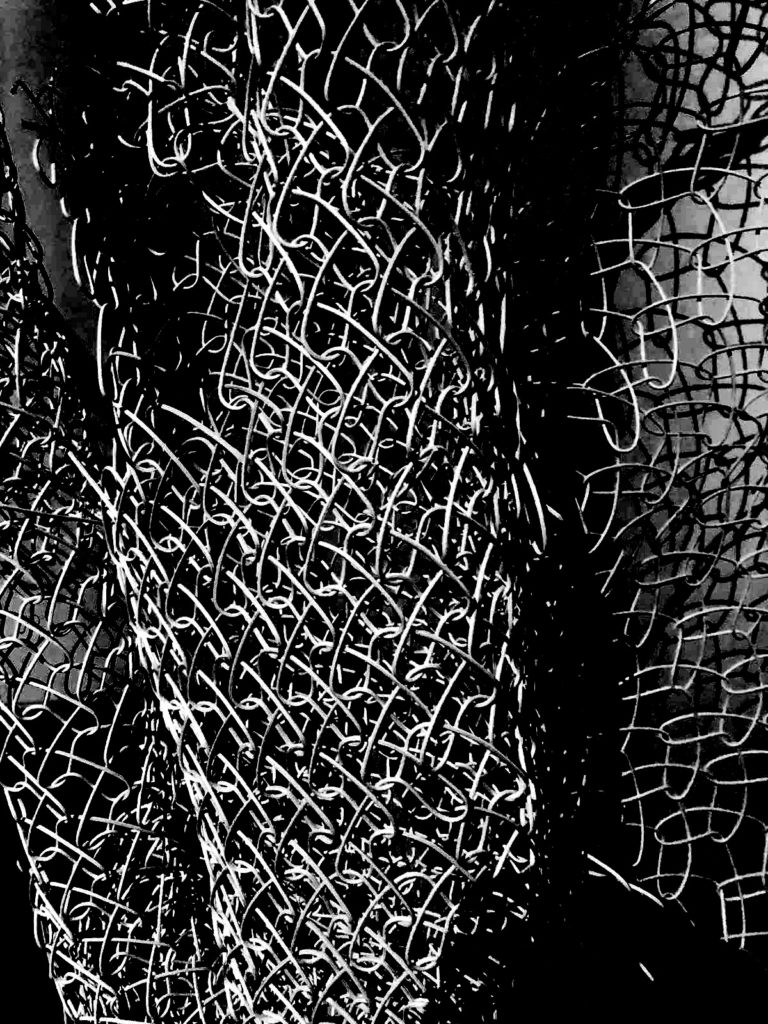
What is existentialism? Perhaps there is no direct answer. That which gathers itself into the term “existentialism” is...

Perhaps this is one of the first questions that should be asked whilst approaching the philosophy of Heidegger:...

It is always the moment in which the world decides to distance itself from oneself and leaves one...
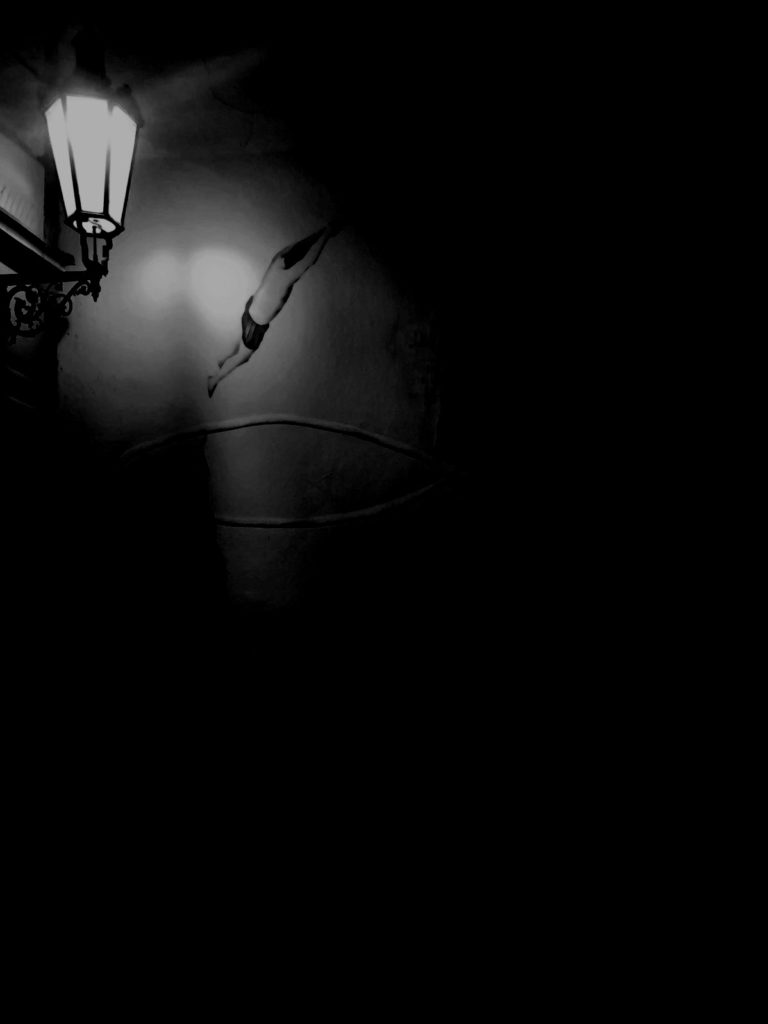
Transcendence occurs because the “for-itself”, that is, consciousness, is a nothingness. Consciousness, for Sartre, is what it is...
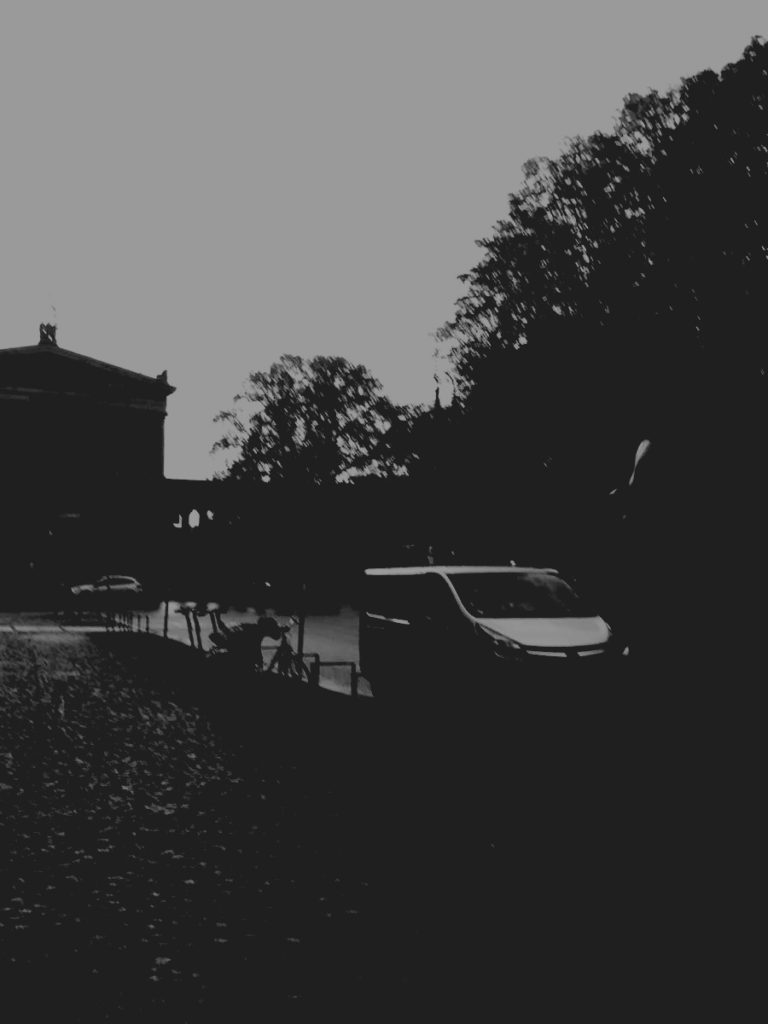
Nietzsche says that since there is no meaning awaiting there to be found, we always invent that for...
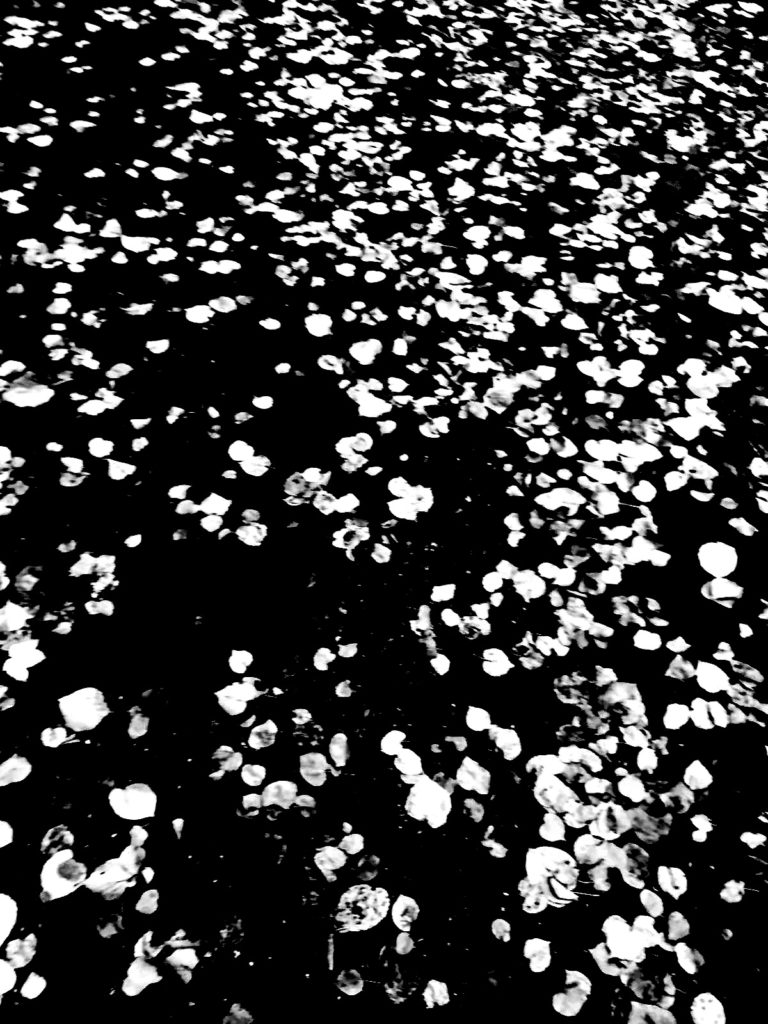
For Schopenhauer, death is central because it is linked with the “will-to-live”. Death also opens up a space...

Schopenhauer constructs a philosophical system around and upon what he calls the “will-to-live” and thus implies death and...
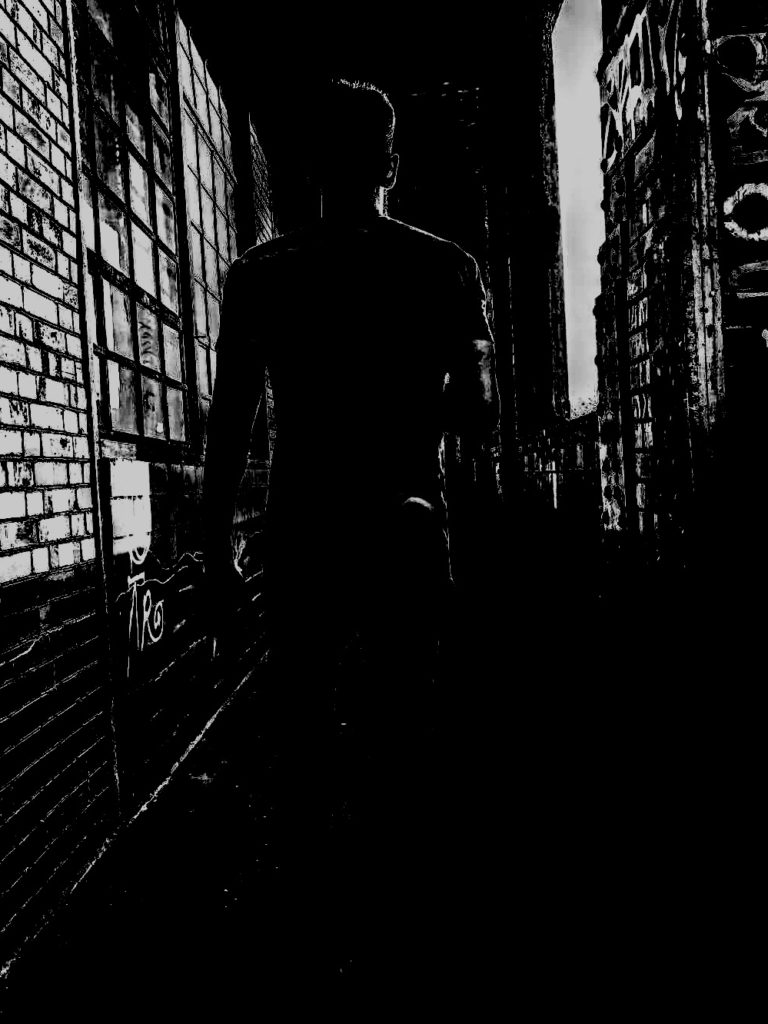
The body is not a tool that the individual might use, but rather the center and origin of...